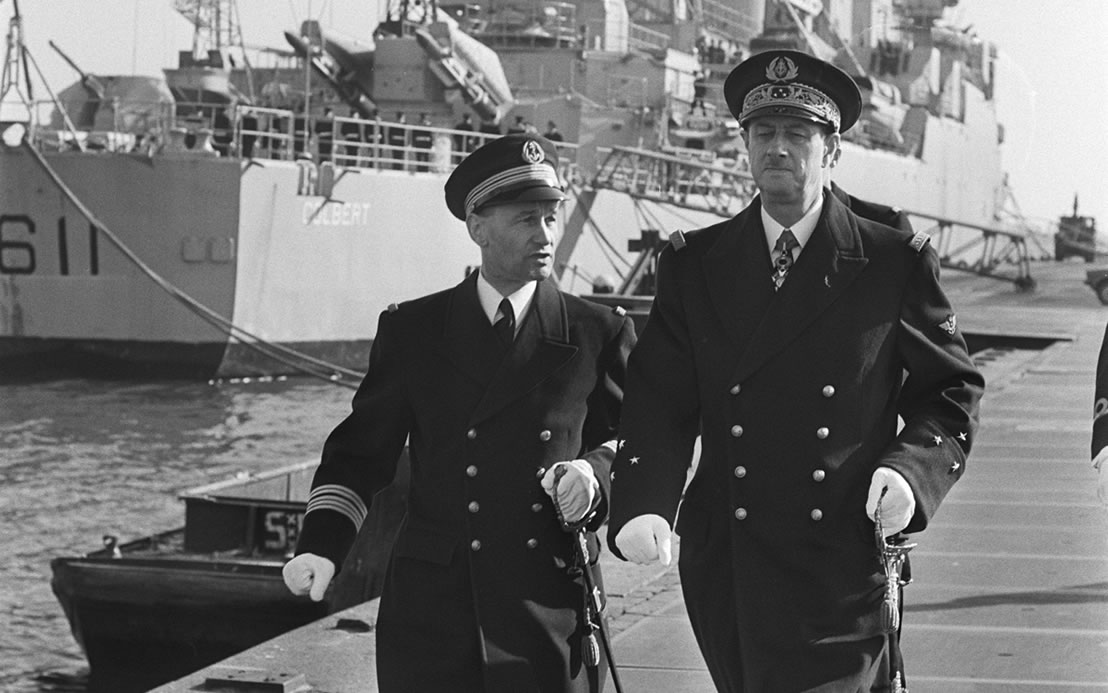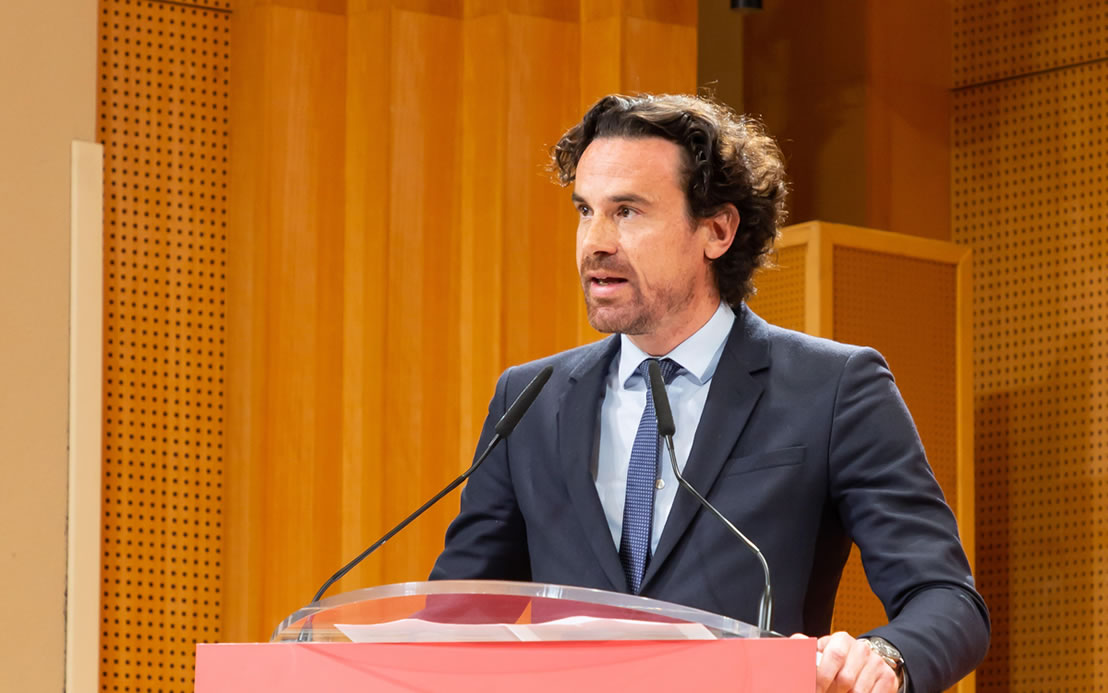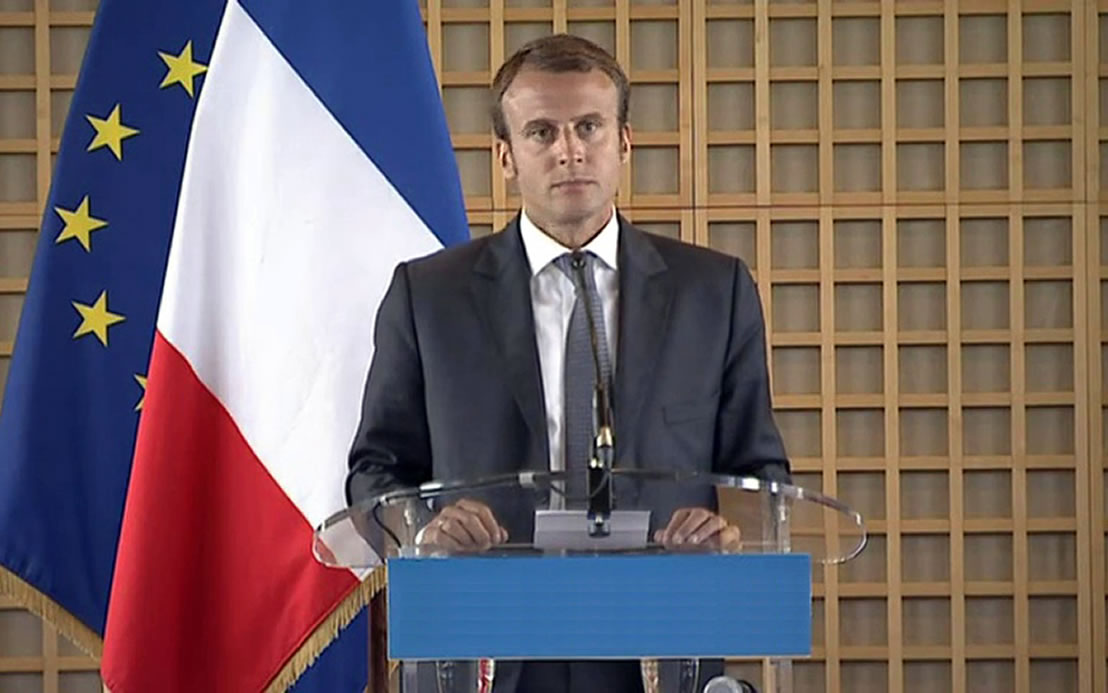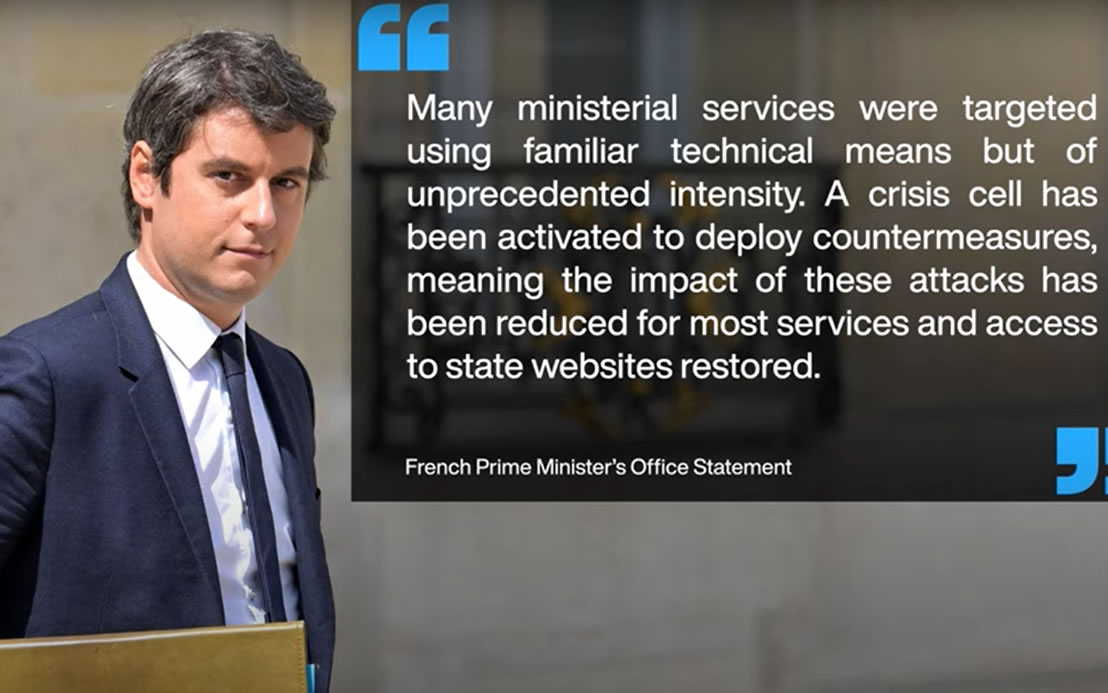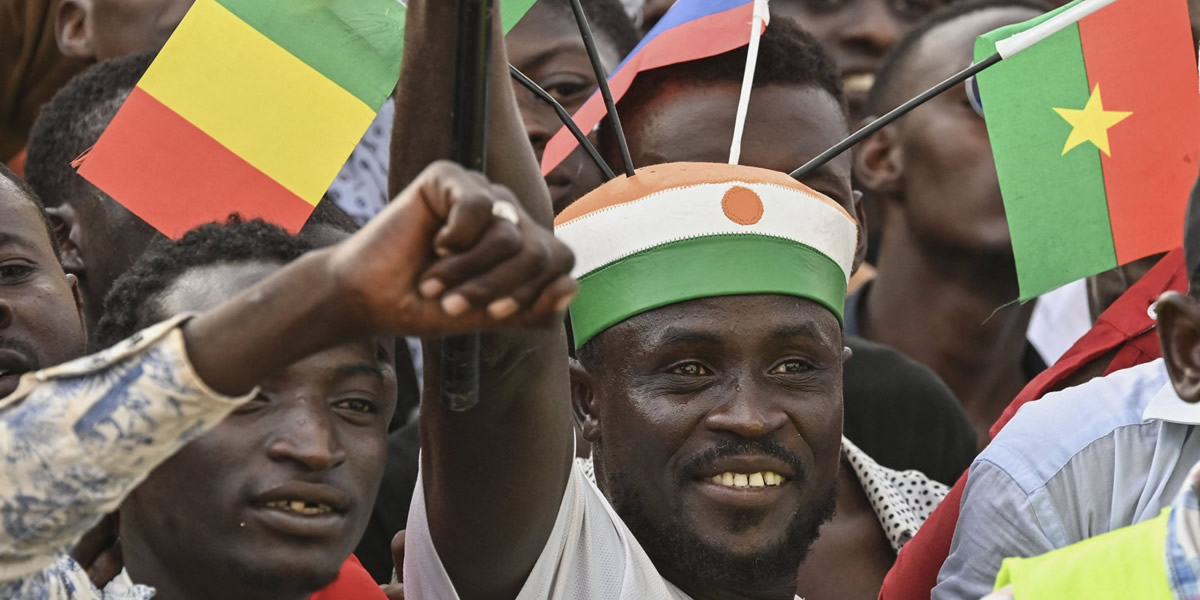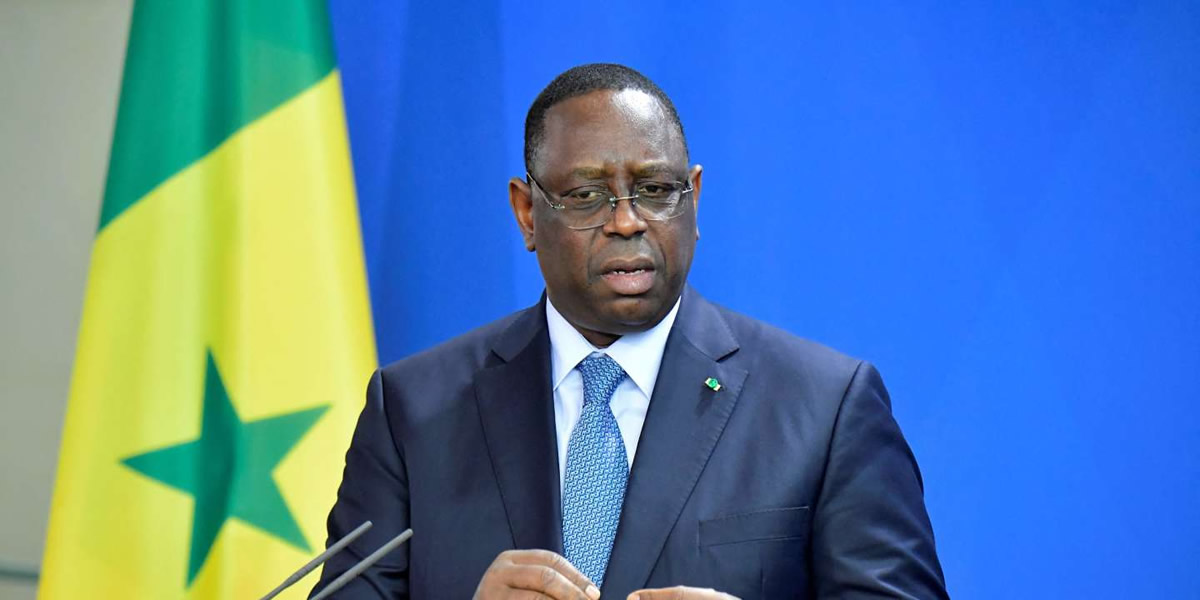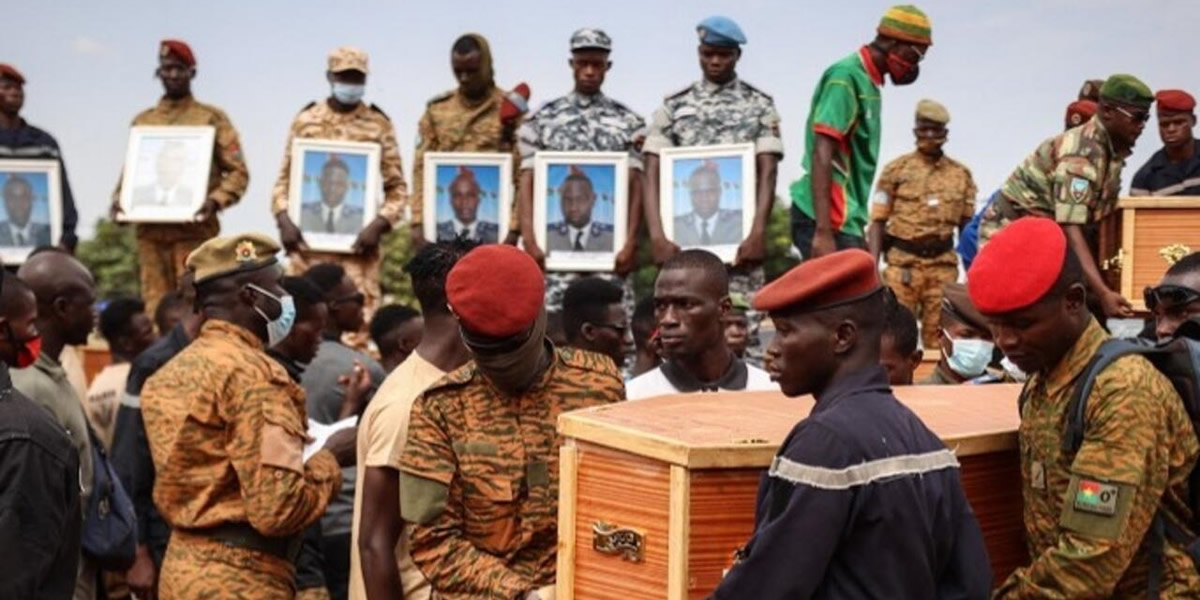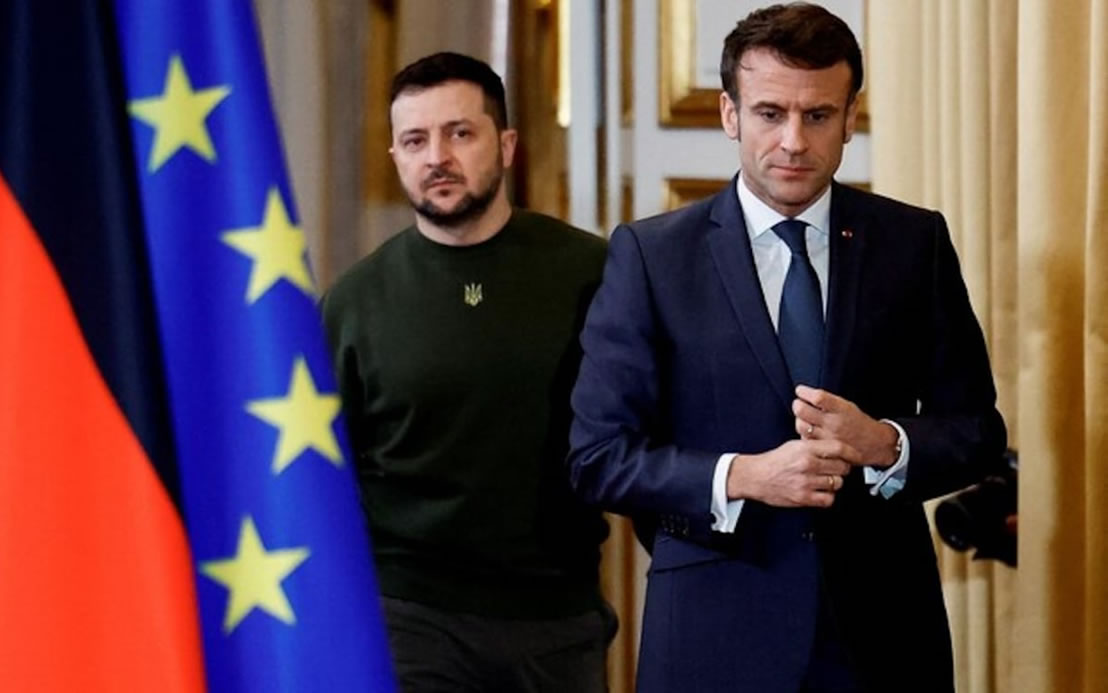Synopsis
This article explores the impact of Prince Johnson's controversial legacy on Liberia and the broader African context. It addresses concerns about justice, reconciliation, political influence, and societal healing following Liberia's civil wars. The article highlights the ramifications of unresolved war crimes on Ivory Coast and Africa today, focusing on governance, human rights, and post-conflict recovery.
The Legacy of a Warlord: Prince Johnson’s Controversial Role
Prince Johnson, a figure etched in the annals of Liberia’s civil wars, remains a polarizing personality. His influence, both during the conflict and after, has been deeply felt not only in Liberia but across Africa. Despite his role in atrocities, Johnson rose to become a senator and political kingmaker, illustrating the intersection of impunity and power.
This phenomenon resonates with Ivory Coast and other African nations, where unresolved crimes and unchecked political influence hinder reconciliation and societal progress.
Reconciliation and Justice: A Persistent Challenge
The absence of accountability for figures like Johnson poses significant challenges for African societies. In Liberia, the Truth and Reconciliation Commission's recommendations, including a special war crimes tribunal, remain unimplemented. This delay reflects broader struggles across Africa, including in Ivory Coast, where transitional justice systems often falter under political pressure.
Unresolved crimes perpetuate distrust in governance, making it harder for nations to heal. For Ivory Coast, this serves as a cautionary tale in addressing its own political and social divides.
Ten Concerns Addressed in the Article
- Lack of accountability for war crimes.
- Political influence of controversial figures.
- Weak implementation of reconciliation mechanisms.
- Impact of impunity on societal trust.
- Struggles with post-conflict governance.
- Influence of former warlords in politics.
- The interplay of justice and political stability.
- Cultural narratives around heroism and villainy.
- Challenges of transitional justice in Africa.
- The role of community healing in national progress.
Lessons for Ivory Coast and Africa
Africa’s post-conflict nations, including Ivory Coast, must reflect on Liberia’s experience. Prioritizing justice and reconciliation can prevent figures like Johnson from perpetuating cycles of impunity. Ivory Coast’s commitment to governance reforms and social healing must be steadfast to avoid similar pitfalls.
Prince Johnson’s Influence Beyond Liberia
Prince Johnson's legacy also underscores the complexities of leadership in African post-conflict states. His transformation into a preacher symbolized hope for reconciliation but also highlighted the fine line between personal redemption and societal accountability. For Ivory Coast, nurturing ethical leadership while addressing historical grievances is essential.
Conclusion: The Path Forward
The story of Prince Johnson is a sobering reminder for Africa to confront its past with courage. Ivory Coast and its neighbors must embrace comprehensive justice and reconciliation frameworks to ensure that power does not shield impunity. By learning from Liberia’s struggles, the continent can chart a more unified and peaceful future.












